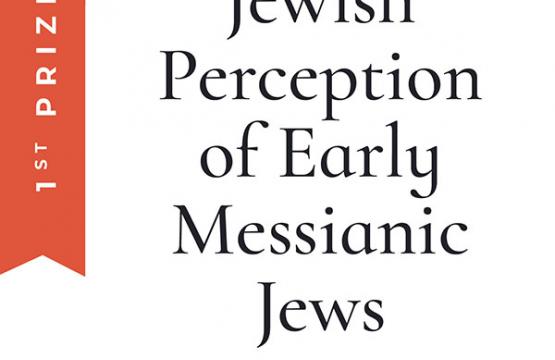
Long ago, if you asked a Jewish mystic about tikkun olam, he might tell you stories – beautiful stories of an inverted tree, suspended between heaven and earth, its roots drawing God’s goodness like sap that flows through the trunk and into the branches that stretch into our world. He might tell you a story of vessels so full of divine light that they burst and spread sparks across the earth. The mystic might say that it is up to each of us to repair the world (tikkun olam) by gathering these sparks.
In another time and place, you might speak with a Christian nun in her convent. She tells you of the struggle to find God’s justice in a changing world, not just criminal justice but justice for the poor – social justice. As you sit together, faces glowing with the colors of stained glass, she might tell you of her work among the poor. The nuns work to feed the hungry, but they also fight to improve lives of workers locked in dark factories with putrid air. They fight to change the oppressive structures that trap people in a cycle of poverty. The Gospel is not just a comforting message but the power to change lives, she says.
In a place closer to home, these traditions converge. Black-skinned pastors march for the right to be treated as human beings in the country where their relatives were slaves. They are joined by rabbis carrying Torah scrolls who march because after thousands of years they still remember that they were slaves in Egypt. They march together because the soil of our nation cries out for justice, from the cotton fields worked by slaves with bloody hands to the trails marched by indigenous people driven from their homes. They march for people still trapped in a cycle of poverty and still denied justice.
“Legs are not lips and walking is not kneeling. And yet our legs uttered songs. Even without words, our march was worship. I felt my legs were praying.”
Of course, neither of these traditions are creating the concept of justice out of whole cloth. They call back to the origin story of Genesis, a story of glorious creatures crafted from dust, a story of sin and banishment. They amplify the cry of the prophets to turn back to God, not by grand shows of religiosity but by properly treating those made in the image of God. They echo the teaching of a rabbi from Galilee that the poor and disabled were not born into such circumstances as a punishment for sin but as an opportunity for redemption. He radically included women, foreigners, criminals and sinners. He continued the prophetic tradition of a Day of the Lord that is far off and a work for justice that is needed now.
If we dismiss discussions of social justice as simply the talking points of a certain section of our political spectrum, we miss an opportunity to work toward the malchut hashamayim (Kingdom of Heaven). As a community that draws wisdom from both Jewish and Christian traditions as we seek to follow Messiah, we must lead the way in answering the prophetic call for justice.






